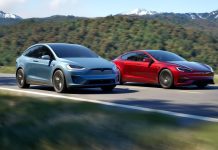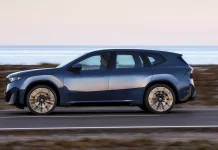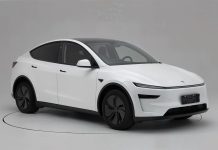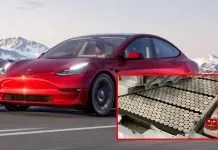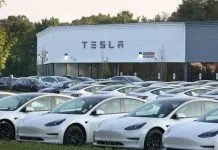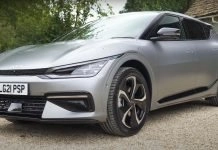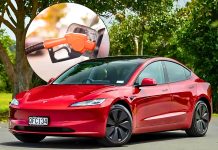In addition to reducing environmental damage, electric vehicles can significantly improve people’s health across America. The latest research shows that electric vehicle adoption will prevent 100,000 deaths while saving 1.2 trillion dollars in healthcare costs by 2050. The EV revolution holds immense promise because fewer vehicle emissions create better air quality across all vehicles.
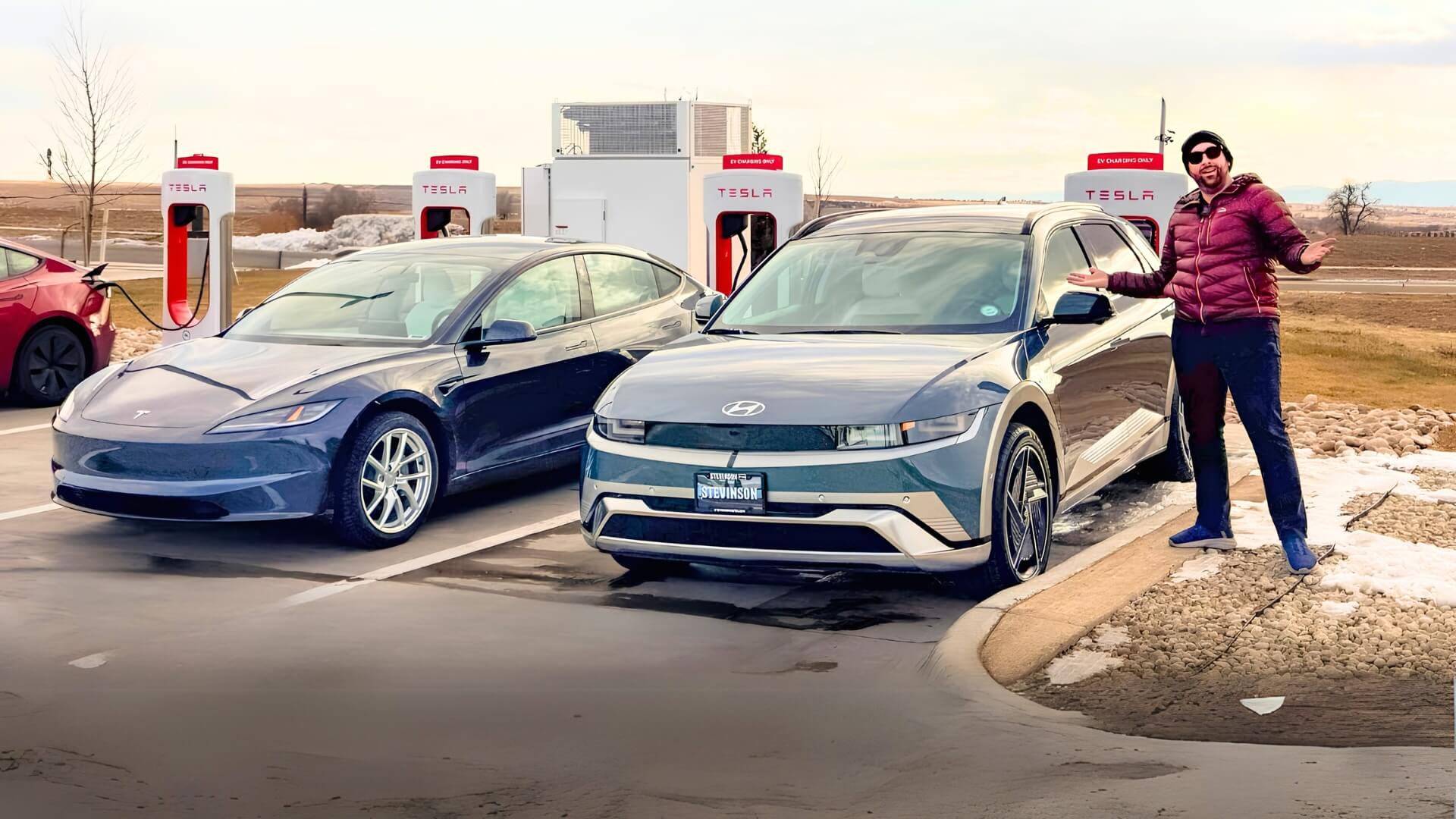
Study Finds Electric Cars Could Save 100000 Lives in the US by 2050
Health Benefits of EV Adoption
According to an American Lung Association study “Zeroing in on Healthy Air,” zero-emission vehicle adoption will help prevent 110,000 early deaths and eliminate 2.79 million asthma attacks in children by 2050. Zero-emission vehicles improve health by reducing air pollution that contains destructive nitrogen oxides, sulfur oxides, and particulate matter produced by internal combustion engines. These pollutants damage health especially in children and senior citizens because they cause serious breathing and heart problems.
Proper health outcomes hold enormous financial significance today and into the future. Based on their study researchers predict saving $1.2 trillion in healthcare money during three decades because individuals go to hospitals less and need fewer medical services. These numbers show why people and governments prefer electricity-based vehicles over traditional gasoline vehicles.
Research Insights
Research teams from the University of Toronto used advanced computer modeling to identify the health results EV adoption brings across different expected outcomes. Their simulation models show that moderate EV electrification will deliver major health gains worth from $84 billion to $188 billion during the next 50 years. The research shows that EV adoption delivers the greatest advantage if the electric grid simultaneously transitions towards renewable energy sources.
Greenwashing or Genuine Sustainability? Truth Of EVs And Renewable Energy
The researchers modeled two primary scenarios: The research compared two EV scenarios: first banning new EV manufacturing past a specific year and second selling all vehicles as electric by 2035. By combining swift vehicle electrification with better energy grid quality they determined the strategy reduces vehicle pollution effectively to better people’s health.
Air Quality Improvements
Using only electric cars will make our biggest cities cleaner because transportation pollution mostly affects these areas. Many health problems and early deaths appear from polluted air. EV adoption plays a vital part in stopping environmental risks.
Low air pollution lowers healthcare expenses while making life easier for families and communities. People with chronic illnesses caused by air pollution experience unlimited costs that limit their ability to work and fully enjoy life. When we make investments in clean transportation technologies, we gain both economic and social advantages.
Challenges Ahead
The expected improvements depend on united actions from governments, local businesses, and citizens. For EVs to succeed we need more people to move to electricity-based vehicles and for these vehicles to use power from renewable sources instead of fossil fuels. The potential health gains from electric vehicles depend directly on our ability to transition away from non-environmentally friendly power plants that run on coal and gas.
The wider community needs to embrace electric vehicles and expand charging systems. Wider EV charging availability and better vehicle access will motivate people to choose them.
Conclusion
The clear health benefits and healthcare savings from electric vehicles convince people in the U.S. to make this transition to electric cars. As we look towards 2050, transitioning to zero-emission vehicles offers a dual benefit: Better public health outcomes come with our efforts to fight against climate change. Through strong renewable energy initiatives and effective policies, America sets the path to a healthier future that gives people both better health and monetary savings. Now is an ideal moment to take practical steps because adopting zero-emission vehicles benefits both human and environmental health.


